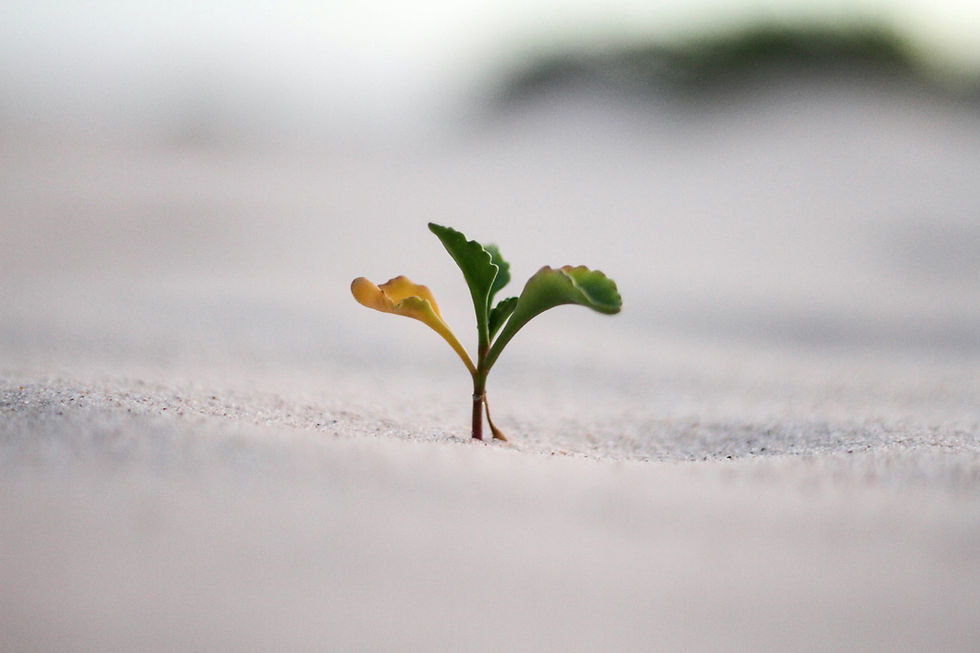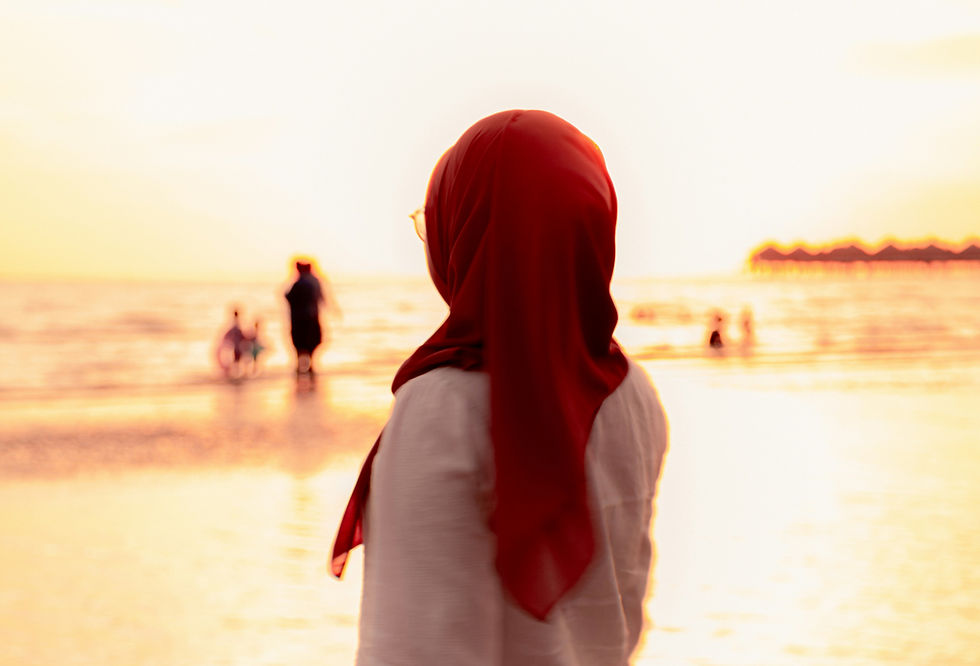What is Udhiyah/Qurbani in Islam?
- Life USA
- Jun 26, 2020
- 2 min read
Udhiyah or Qurbani means “sacrifice”. Every year, Muslims all over the globe sacrifice an animal – a goat, sheep, cow or camel – Dhul Hijjah, an Islamic month. The meaning behind the sacrifice of an animal is to signify the story of Prophet Ibrahim’s willingness to sacrifice his beloved son Ismail, for the sake of God, when instead, God replaced his son with a ram. The life of Ismail was spared, and the Prophet Ibrahim proved his devotion to God. The practice of sacrificing an animal symbolizes the Prophet Ibrahim’s obedience to God.

After sacrificing an animal, one third of the meat goes to those that are in need, one third goes to the neighbor of the one sacrificing the animal, and the last third of the meat is for the family. The sacrifice of the animal occurs during the Muslim holiday, Eid-ul-Adha. There are multiple guidelines when it comes to the way that the animal is to be sacrificed:
If a person is eligible to pay Zakat, he/she must also perform Qurbani/Udhiyah for themselves and every family member including children (unless the child is grown and an adult themselves)
Qurbani or Udhiyah can only be performed after the Eid-ul-Adha prayers, which means that Muslims have three days to complete the sacrifice of an animal. If the sacrifice is performed before the Eid-ul-Adha prayer, then it must be done again after. If it is not done in the time allotted, then it is not accepted.
When it comes to sacrificing an animal, the health and condition of the animal is important. Animals that are not in good health or are young are not suitable to be sacrificed. Also, the type of animal is important. While most people sacrifice a goat, also accepted is a sheep, cow, bull, buffalo or camel.
Saying the Takbeer (“God is the greatest”) while the sacrifice is happening is important to ensure that the Qurbani or Udhiyah is effective and suitable to the Islamic terms. “Bismillahi Allahu Akbar (in the name of Allah, Allah is Great)” is what is said during the time of the sacrifice.










